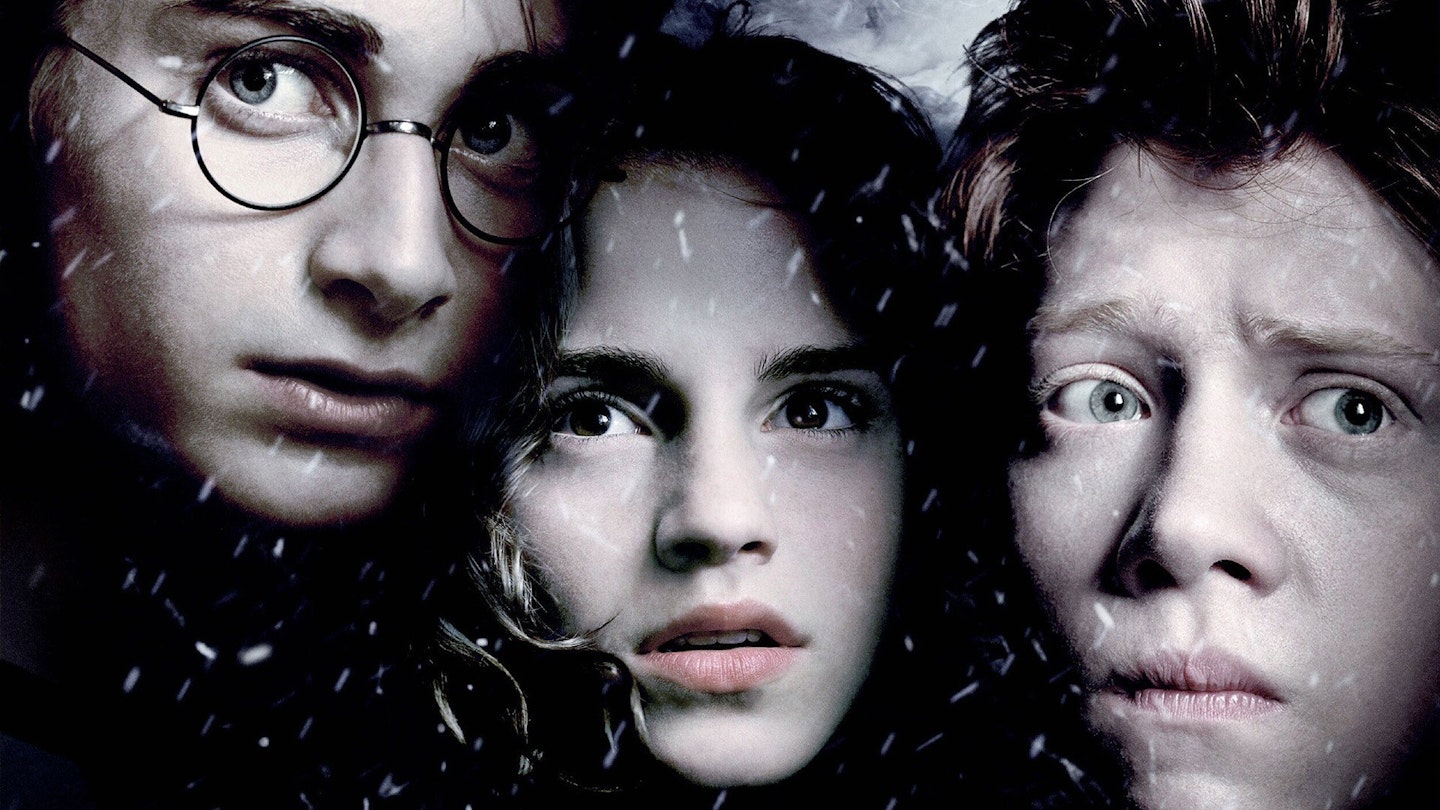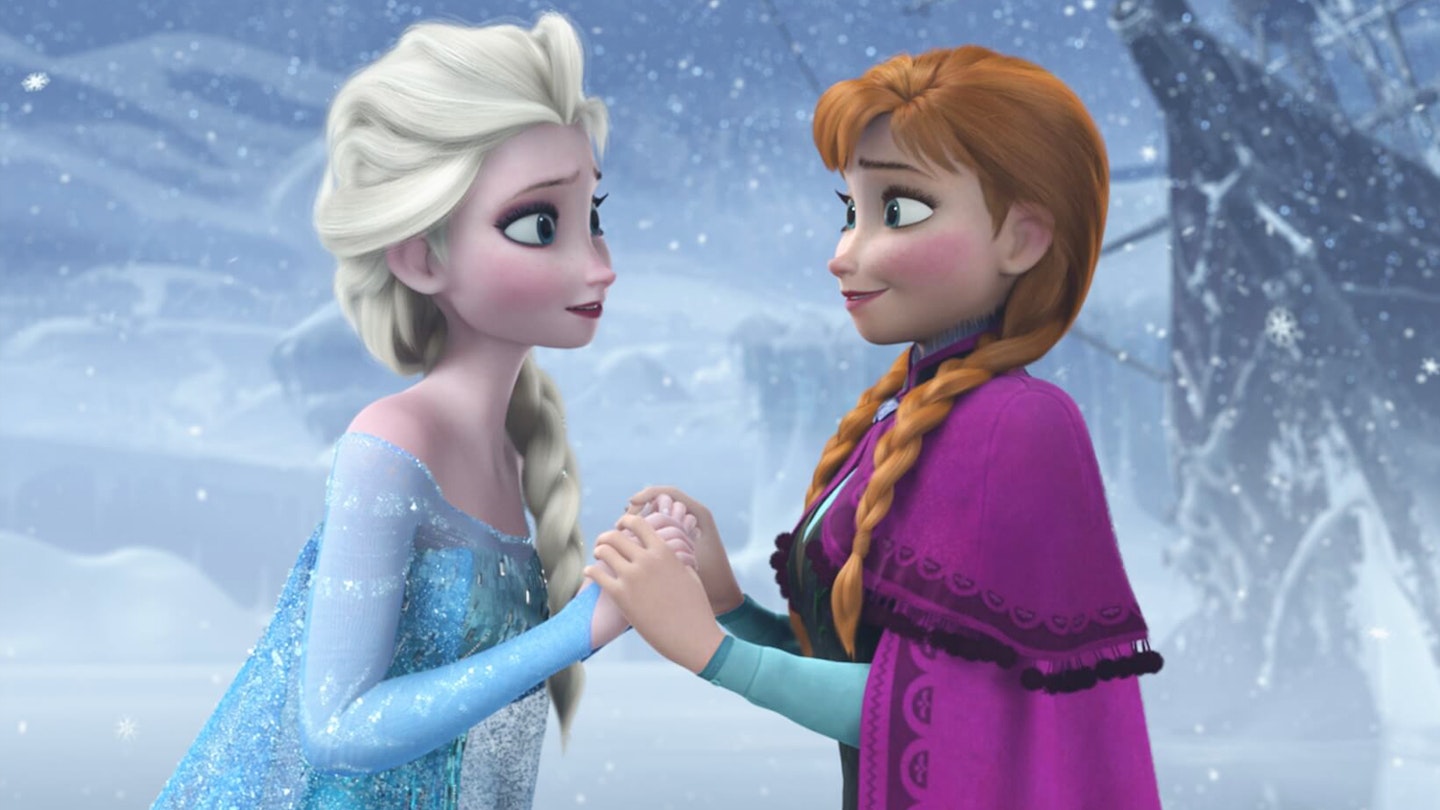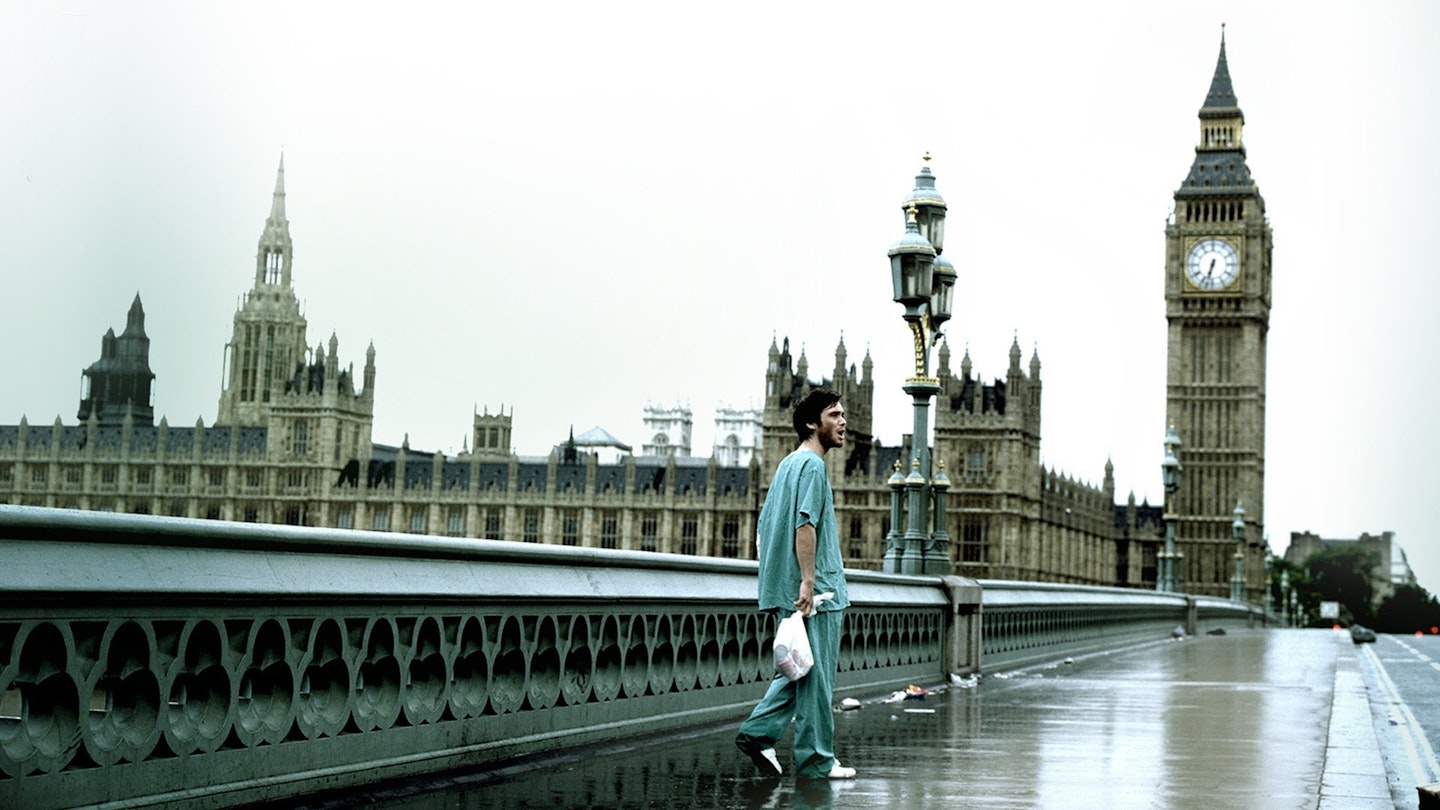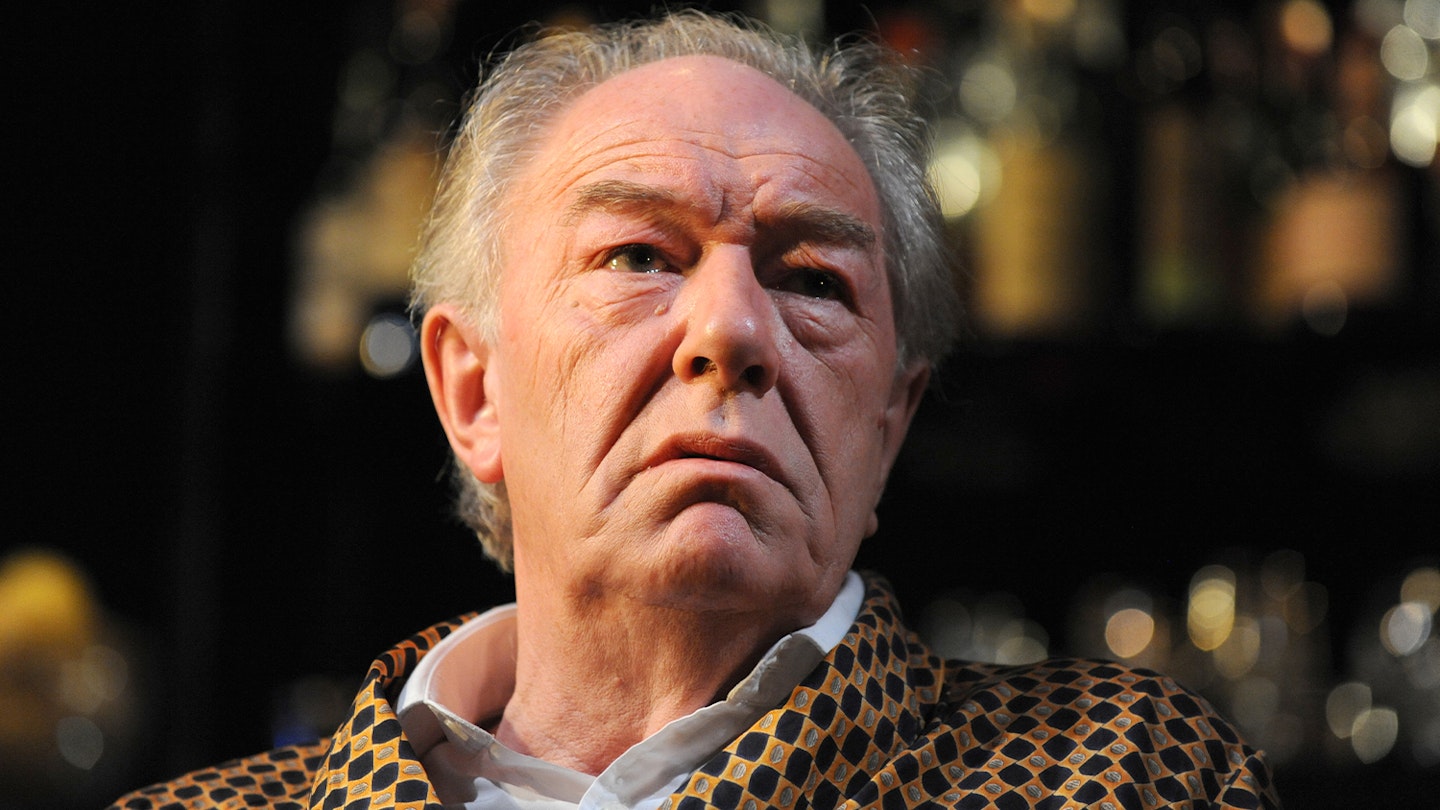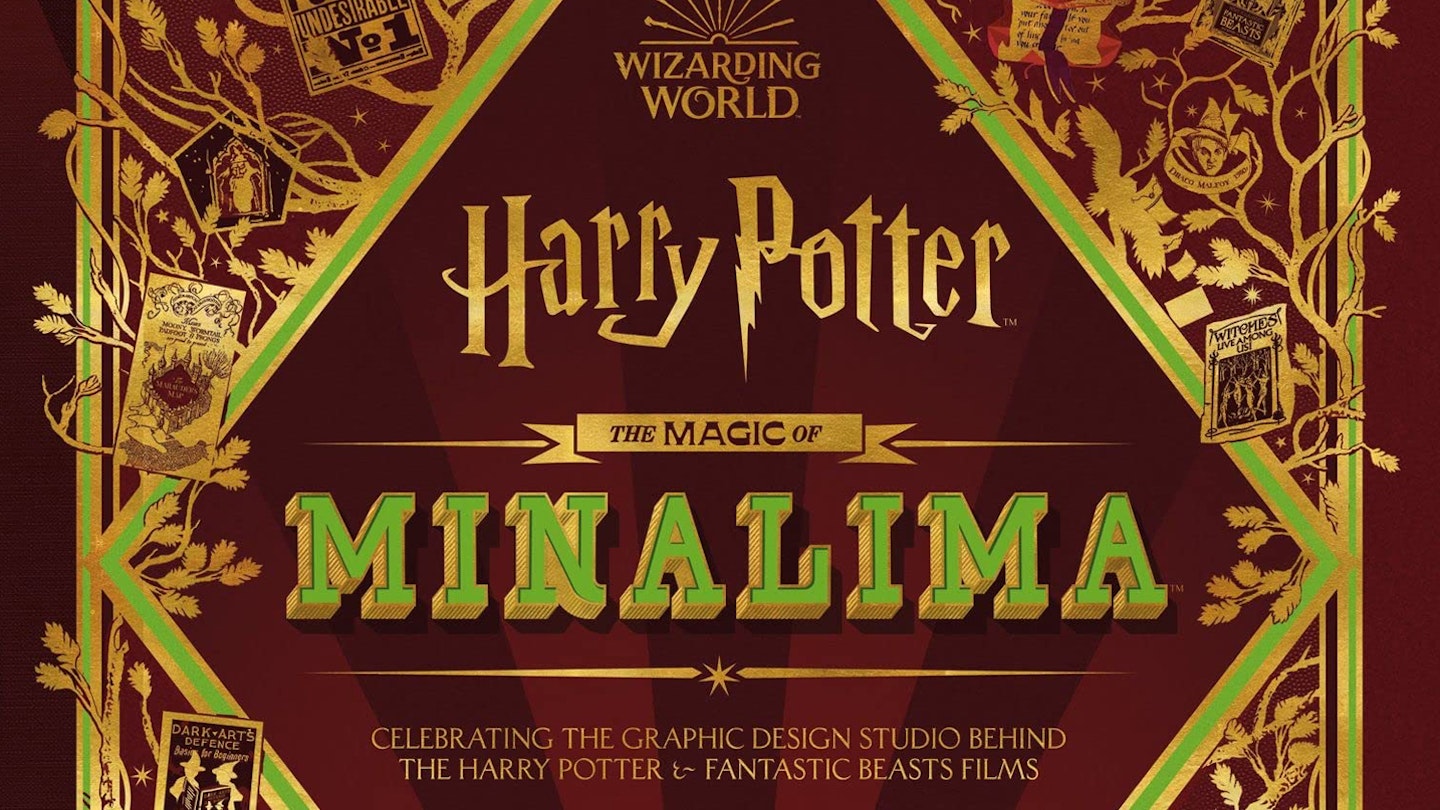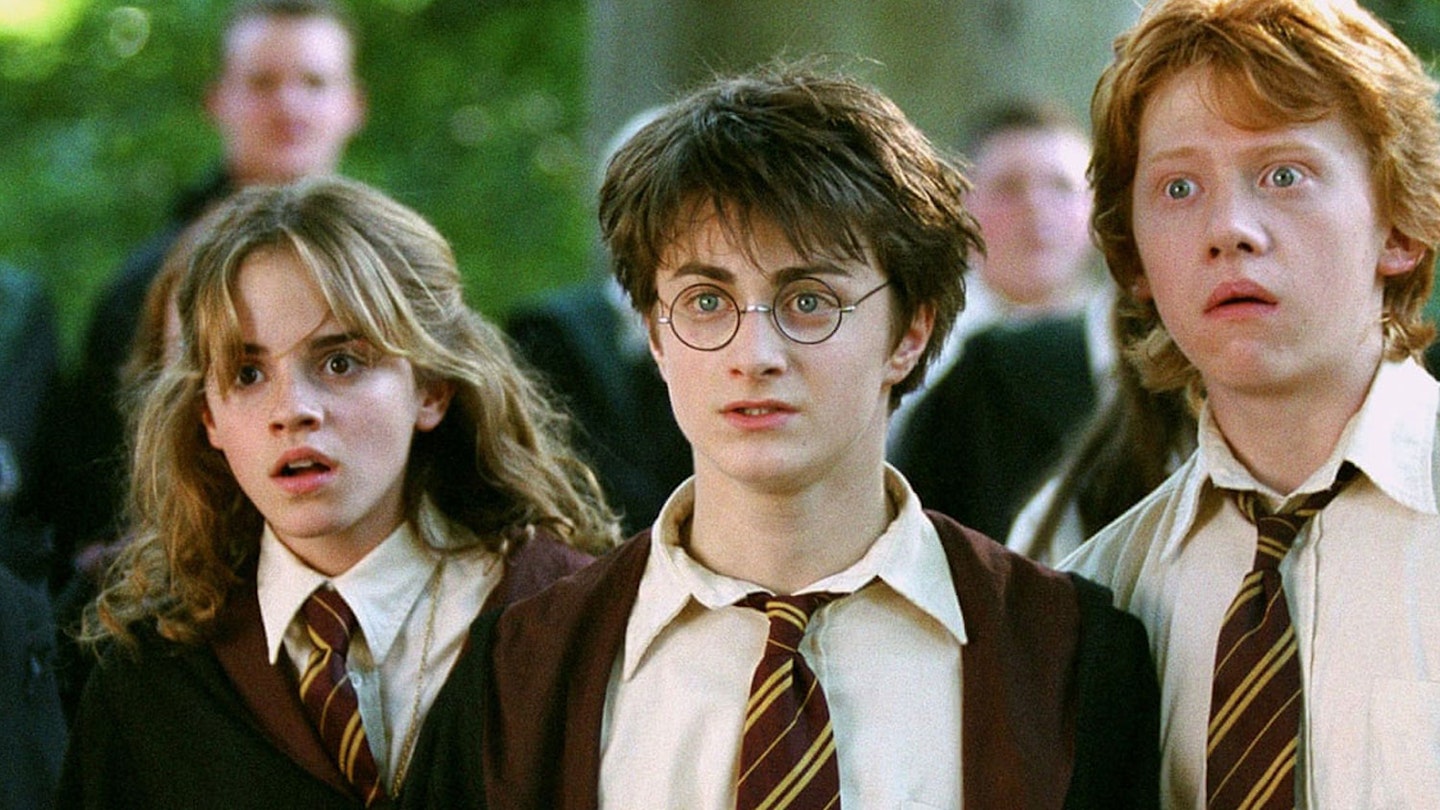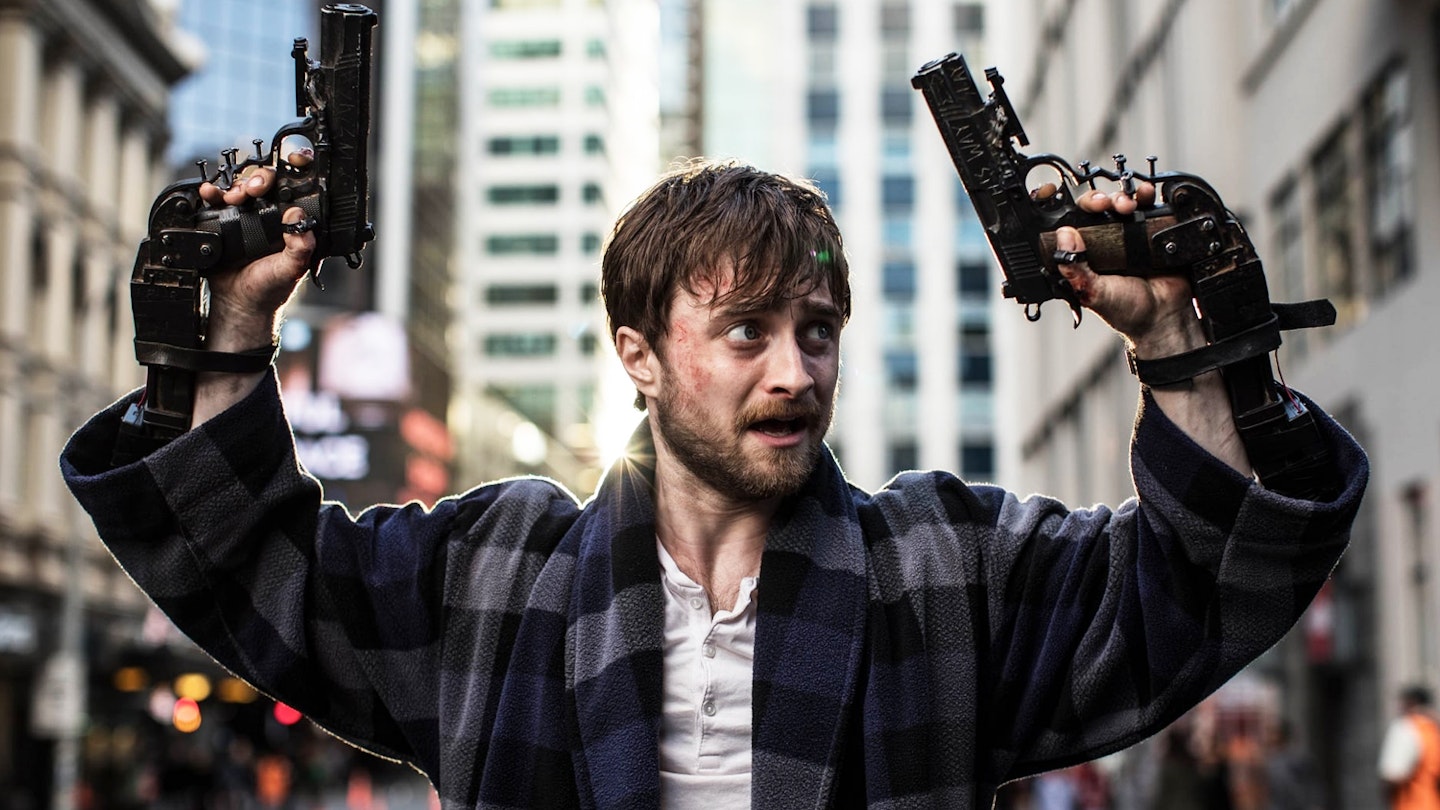Were it not for the fact that he inflicted Bicentennial Man upon an unsuspecting public, it would be possible to feel some sympathy for Chris Columbus right now. A faithful servant of the material, Columbus cracked the brief, creating both Potter's world and a worldwide audience. He could, perhaps, have cut loose with Secrets, but one hit does not a franchise make, and he again opted for an artistic yardstick that merely measured how many pages could be faithfully recreated on screen before audience arses actually started to turn blue.
Now, with the Potter machine in unstoppable gear and even St. Rowling acknowledging that the later/longer books must be boned, Columbus might have finally started to enjoy himself. And yet, not only has he stepped aside, as producer he personally pushes through an exotic relief pitcher whose colourful CV virtually guarantees that every viewer will be aware of a fresh man at the mound and that every review will contain a variation on the following line: New director Cuaron injects much needed visual flair and introduces a narrative daring that was noticeably lacking from 'the Columbus era'.
Indeed, Cuaron so comprehensively re-imagines the Potter aesthetic that young fans are likely to wonder where all the colour has gone. From the moment the perfunctory Dursley scenes are invested with a beige-tinted suburban loathing straight out of Mike Leigh, it is clear that the magical kingdom has at last been rooted in our very own Muggle nation. Hogwarts, in particular, benefits enormously from a relocation to Scotland's Glen Coe.
Relying as much on wide-angle lenses as he does on computer-controlled tracking, Cuaron keeps the camera moving and the invention coming, unafraid to introduce ideas that Rowling has not personally authored. The entire piece is an absolute picture, with new cinematographer Michael Seresin working his own strange alchemy on Stuart Craig's miraculous sets.
Not that Cuaron has it all his own way. The young cast is still rather limited to good line-readings - they are not bad, exactly, but they are being asked to shoulder an increasingly heavy burden and the tantalising glimpses of the excellent Thewlis and Oldman amply demonstrate that expositional dialogue need not be entirely bereft of character.
Elsewhere, the all-plot-all-the-time novels remain curiously resistant to adaptation, and if house writer Kloves has mercifully abandoned the novel's three-term structure, he is yet to stumble across a recognisable three-act structure to put in its stead. As before, the third act still kind of happens along, and the middle-section is distinctly choppy, with a much more passive Potter coasting through several short scenes that will lose those who have foresworn the books. Luckily, when the ending (in parts one and two bungled by Columbus) finally arrives, it proves to be Azkaban's ace.
Azkaban contains both the longest denouement and the most rousing finish of any of the books, and Cuaron wisely whips through the 'ah-hahs' so that the clever climax, complete with the series' best SFX, can enjoy its moment in the moonlight. Here, at last, Harry Potter And The Movie Adventure hauls itself up to the standards set by the brilliant books, and a middle-aged Mexican emerges as the story's unlikely hero.
